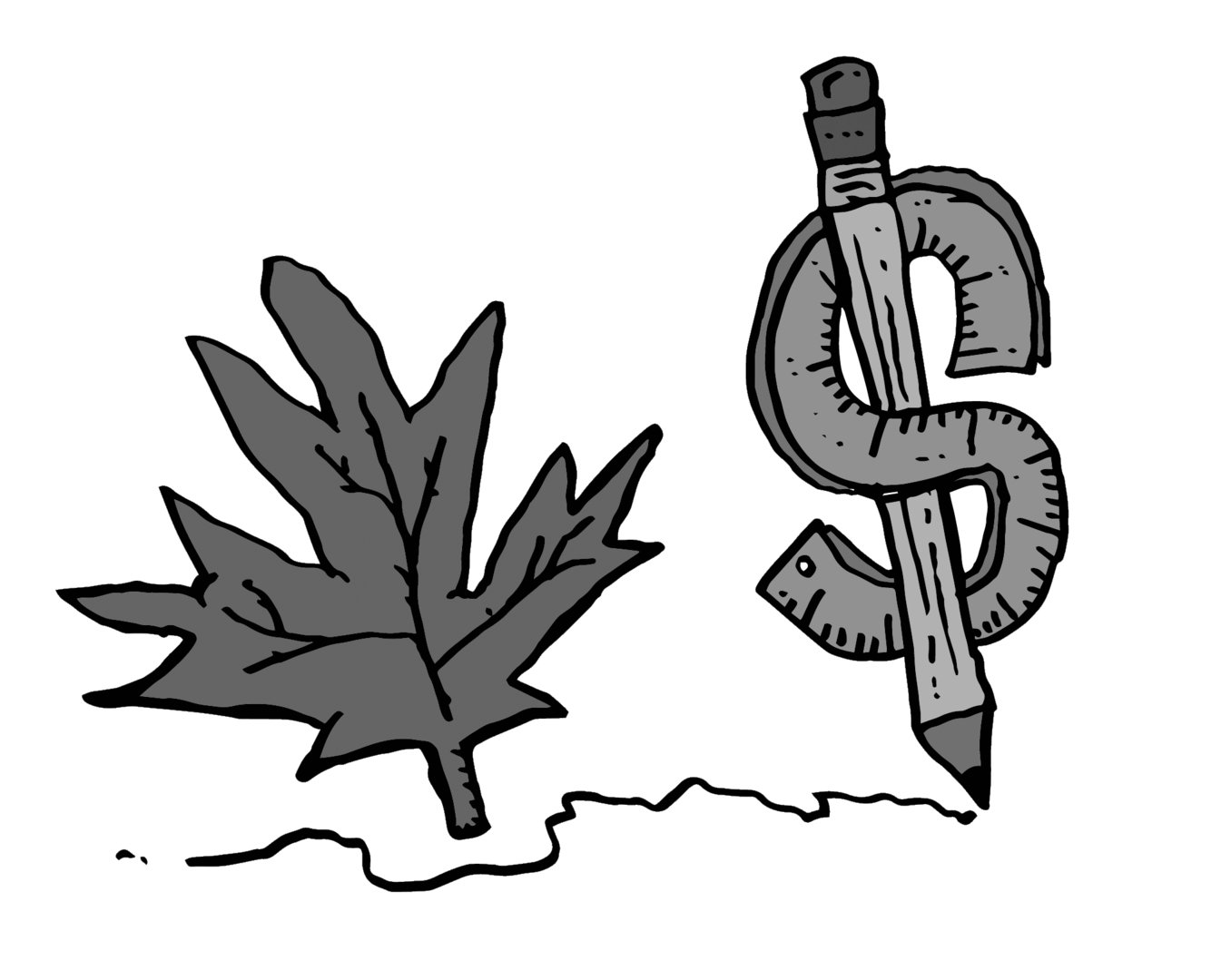International students pay close to four times more than domestic students for an education at UFV. They pay more than domestic students at all public universities. That’s partly because citizens pay into public education throughout their lives as Canadians. So in a way, increased international rates makes sense, but are they fair?
On Monday, the B.C. Federation of Students released a research document on some of the issues international students face. Among these, the main that it notes are the province’s economic dependence on institutional students, unregulated international tuition fees (for which, universities may increase at will), and the lack of services that see international students through to success.
Public postsecondary institutions rely heavily on international fee income to carry out many of their programs. According to the report, after 16 years of cuts in funding to public postsecondary institutions with replacement funding found in international student tuitions, there’s now a “direct economic dependence” on these fees. Institutions have relied on Canada’s good name in education internationally to recruit students, but there may one day be a tipping point where the costs are too high for international students to justify the education. A loss in this part of the student body would quickly defund large portions of university budgets.
The reliance is so great, the report notes, that even small changes in the international student market could adversely affect B.C. citizen education. For context, compared to B.C.’s top exports, international education services in 2015 ranked third, only after wood and mineral exports, and accounted for 9.5 per cent of B.C.’s total value of exported goods.
At UFV, tuition cost for international students for 2018/19 (fall and winter), according to UFV’s website, is $20,841. This includes the flat rate international students pay, the student and ancillary fees all students pay, health and dental fees, and an international administration fee.
The estimated first year costs for domestic students living off-campus, but not at home, is $5,326, taken from tuition fees, semester fees, and health and dental fees.
Neither figure includes personal expenses, books, accommodations, or food.
But is it unlike a private university model? Canadian public universities and colleges are sort of like private universities and colleges for international students.
Trinity Western University, the private Christian university, calculates a year’s costs to be about $22,860 for domestic students. That includes tuition and semester fees.
But with no regulation for international student tuition, fees may go up by any amount, any year. That makes funding an education unnecessarily precarious, and hard to budget for.
The report provides two recommendations: regulate fees for international students so they’re not increased at the whim of a university needing more funding, and establish an “international education strategy” that would offer support for international students.
It makes some sense that international students pay more than domestic students. How much that increased fee should be is debatable. But it’s clearly a contradiction of Canadian values to leave international fees unregulated while domestic fees are capped at two per cent a year.
What’s more, and I think this is the key issue, if B.C. and Canadian postsecondary institutions are happy to take international student money in excess, they better ensure their students have access to every tool for their success.
If an international education strategy focuses on increasing numbers but not improving experiences, as it has, the province and by extension universities and colleges treat international students only as a commodity.
In any case, the system is unfairly favoured against international students.


